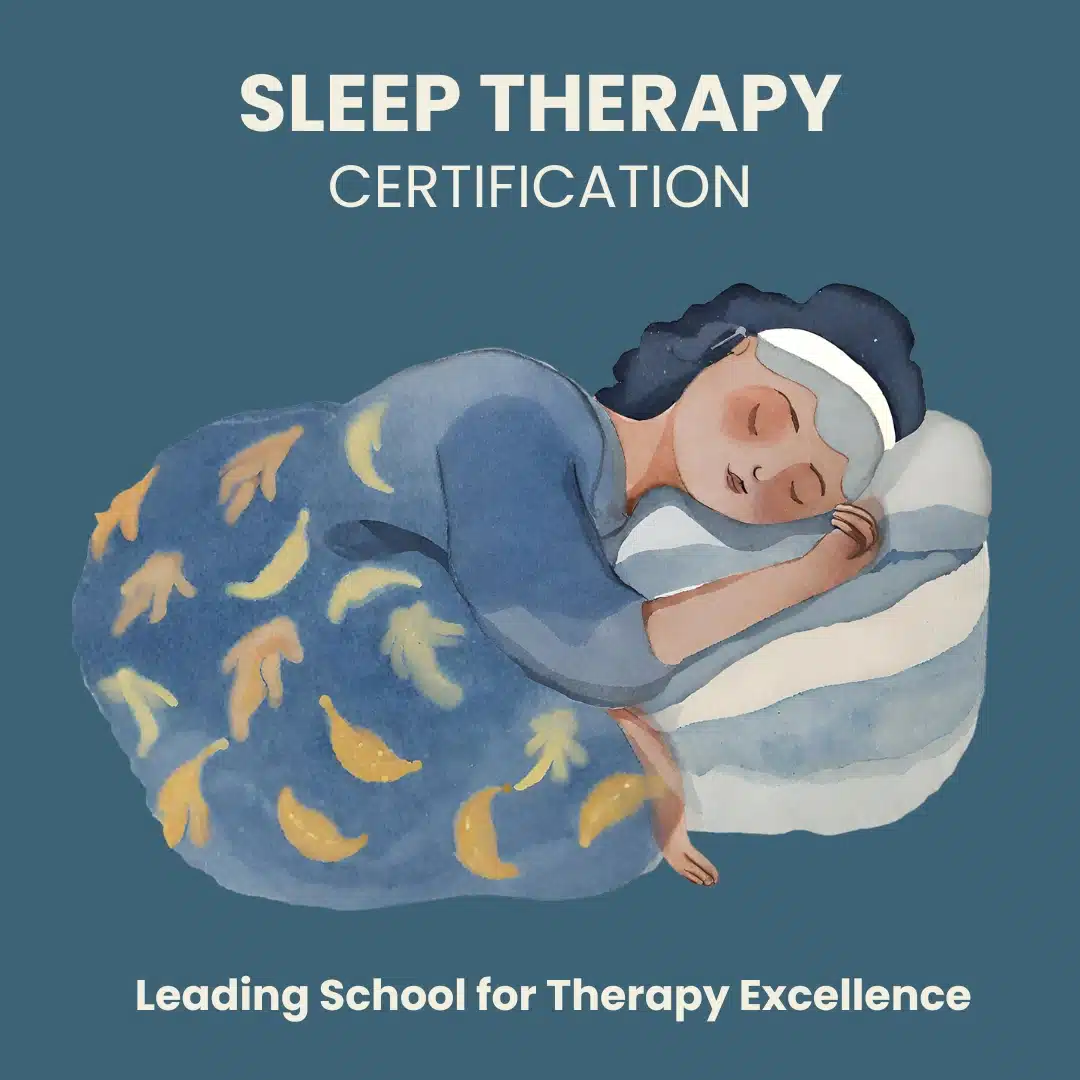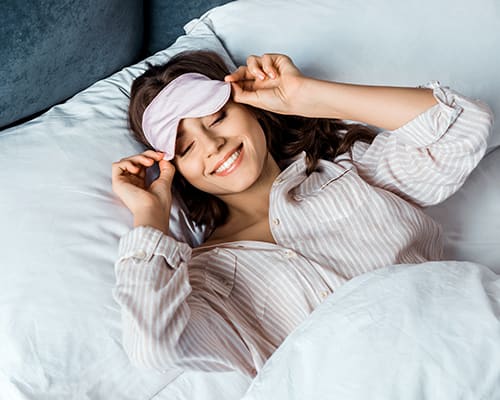Reliable Treatment Solutions for Managing Sleep Disorders and Enhancing Relaxing Rest
In the realm of healthcare, the administration of rest problems and the pursuit for restful sleep are essential elements of general well-being. As we navigate the elaborate landscape of rest conditions and seek to improve our rest experience, a much deeper understanding of these treatment options might hold the trick to opening a more rejuvenating and meeting restorative trip.
Cognitive Behavioral Therapy for Sleep Problems (CBT-I)
Cognitive Behavior Therapy for Insomnia (CBT-I) is an organized, evidence-based treatment method that focuses on attending to the hidden variables adding to sleep disturbances. This kind of treatment aims to change habits and thoughts that worsen sleeplessness, inevitably promoting healthy and balanced rest patterns. CBT-I typically includes numerous essential parts, including cognitive treatment, sleep limitation, stimulation control, and rest health education.
Cognitive treatment assists individuals determine and alter adverse idea patterns and ideas about rest that might be preventing their ability to fall or stay asleep. Sleep restriction entails limiting the quantity of time spent in bed to match the individual's real sleep duration, consequently increasing sleep effectiveness (natural insomnia remedies). Stimulation control methods assist establish a solid association between the bed and sleep by motivating individuals to visit bed just when drowsy and to stay clear of taking part in promoting tasks in bed
Additionally, sleep hygiene education and learning concentrates on establishing healthy and balanced rest habits, such as keeping a regular rest routine, producing a relaxing bedtime routine, and maximizing the sleep setting. By addressing these factors thoroughly, CBT-I offers an efficient non-pharmacological treatment for taking care of insomnia and boosting general sleep quality.
Sleep Health Practices
Having developed the foundation of cognitive restructuring and behavioral modifications in dealing with insomnia through Cognitive Behavior modification for Sleeplessness (CBT-I), the focus now moves in the direction of exploring necessary Sleep Health Practices for keeping ideal rest top quality and total health.
Sleep hygiene techniques encompass a series of behaviors and environmental elements that can significantly impact one's ability to sleep and stay asleep throughout the evening. Regular rest and wake times, producing a relaxing bedtime regimen, and optimizing the rest environment by keeping it dark, peaceful, and cool are essential parts of good rest health. Limiting exposure to displays before bedtime, preventing energizers like high levels of caffeine close to bedtime, and taking part in routine exercise throughout the day can additionally promote far better sleep top quality.
Additionally, exercising relaxation techniques such as deep breathing workouts or meditation prior to bed can aid relax the mind and prepare the body for sleep. By integrating these sleep hygiene practices into one's day-to-day routine, individuals can establish a healthy sleep pattern that supports restful rest and total health.
Relaxation Strategies and Mindfulness
Implementing leisure strategies and mindfulness techniques can play an essential function in fostering a sense of tranquility and promoting high quality rest. insomnia therapy. These methods aim to peaceful the mind, minimize stress, and create an ideal atmosphere for relaxing sleep. One commonly exercised technique is deep breathing exercises, where individuals focus on sluggish, deep breaths to relax the mind and body. Dynamic muscular tissue leisure includes tensing and afterwards releasing each muscle group, promoting physical leisure. Additionally, directed imagery can aid carry individuals to a peaceful location in their minds, aiding in tension decrease and boosting rest quality.
Mindfulness practices, such as reflection and yoga exercise, are additionally efficient in advertising leisure and enhancing rest. Mindfulness motivates people to stay existing in the minute, letting go of fret about the past or future. By including these methods right into a bedtime routine, people can signify to their bodies that it is time to prepare and unwind for sleep. Overall, integrating relaxation techniques and mindfulness techniques can considerably contribute to handling sleep conditions and boosting overall rest high quality.

Medication Options for Rest Disorders
After discovering relaxation methods and mindfulness practices as non-pharmacological treatments for enhancing sleep quality, it is vital to consider medication options for individuals with rest disorders. In cases where way of living adjustments and treatment do not offer enough relief, medication can be a beneficial device in taking care of sleep disturbances.
Typically prescribed medications for rest disorders consist of benzodiazepines, non-benzodiazepine hypnotics, antidepressants, and melatonin receptor agonists. Benzodiazepines, such as diazepam, are sedatives that can assist cause sleep, but they are normally recommended for temporary use as a result of the threat of reliance. Non-benzodiazepine hypnotics like zolpidem are also utilized to treat sleeplessness and have a reduced risk of dependence compared to benzodiazepines. Antidepressants, such as trazodone, why not try these out can be useful for people with co-occurring clinical depression and rest disturbances. Melatonin receptor agonists, like ramelteon, target the body's natural sleep-wake cycle and can be practical for regulating sleep patterns.
It is vital for people to speak with a doctor to figure out the most proper drug choice based upon their particular sleep disorder and clinical history.
Light Therapy for Circadian Rhythm Guideline
Light treatment, also called phototherapy, is a non-invasive therapy method utilized to regulate circadian rhythms and improve sleep-wake cycles. This therapy includes exposure to bright light that imitates natural sunlight, which assists to reset the body's biological rhythm. By revealing individuals to particular wavelengths of light, normally in the morning or evening depending upon the desired effect, light treatment helpful resources can properly change the body clock to advertise wakefulness throughout the day and boost restful sleep at night.
Research has actually revealed that light therapy can be specifically valuable for individuals with body clock conditions, such as postponed rest stage syndrome or jet lag. It can also be helpful for those experiencing seasonal depression (SAD), a sort of anxiety that typically takes place throughout the winter season when natural light exposure is lowered. Light therapy is normally well-tolerated and can be utilized in combination with various other treatment approaches for rest conditions to enhance end results and boost total sleep quality.
Conclusion
To conclude, effective treatment solutions for taking care of sleep disorders and improving restful sleep include Cognitive Behavior modification for Sleeping Disorders (CBT-I), sleep hygiene practices, relaxation techniques and mindfulness, drug options, and light treatment for body clock policy. These strategies can aid people improve their rest high quality and general well-being. It is essential to talk to a health care carrier to identify the most ideal method for addressing rest concerns.
As we navigate the elaborate landscape of rest conditions and look for to enhance our sleep experience, a deeper understanding of these treatment options might hold the secret to opening an extra relaxing and satisfying corrective trip.
Rest limitation entails limiting the amount of time spent in sleep behavior bed to match the individual's real sleep duration, thereby increasing rest performance. Constant rest and wake times, producing a relaxing going to bed regimen, and optimizing the sleep environment by keeping it dark, peaceful, and cool are vital elements of good sleep hygiene. Light treatment is typically well-tolerated and can be utilized in combination with other treatment methods for rest disorders to optimize end results and improve general sleep quality.
